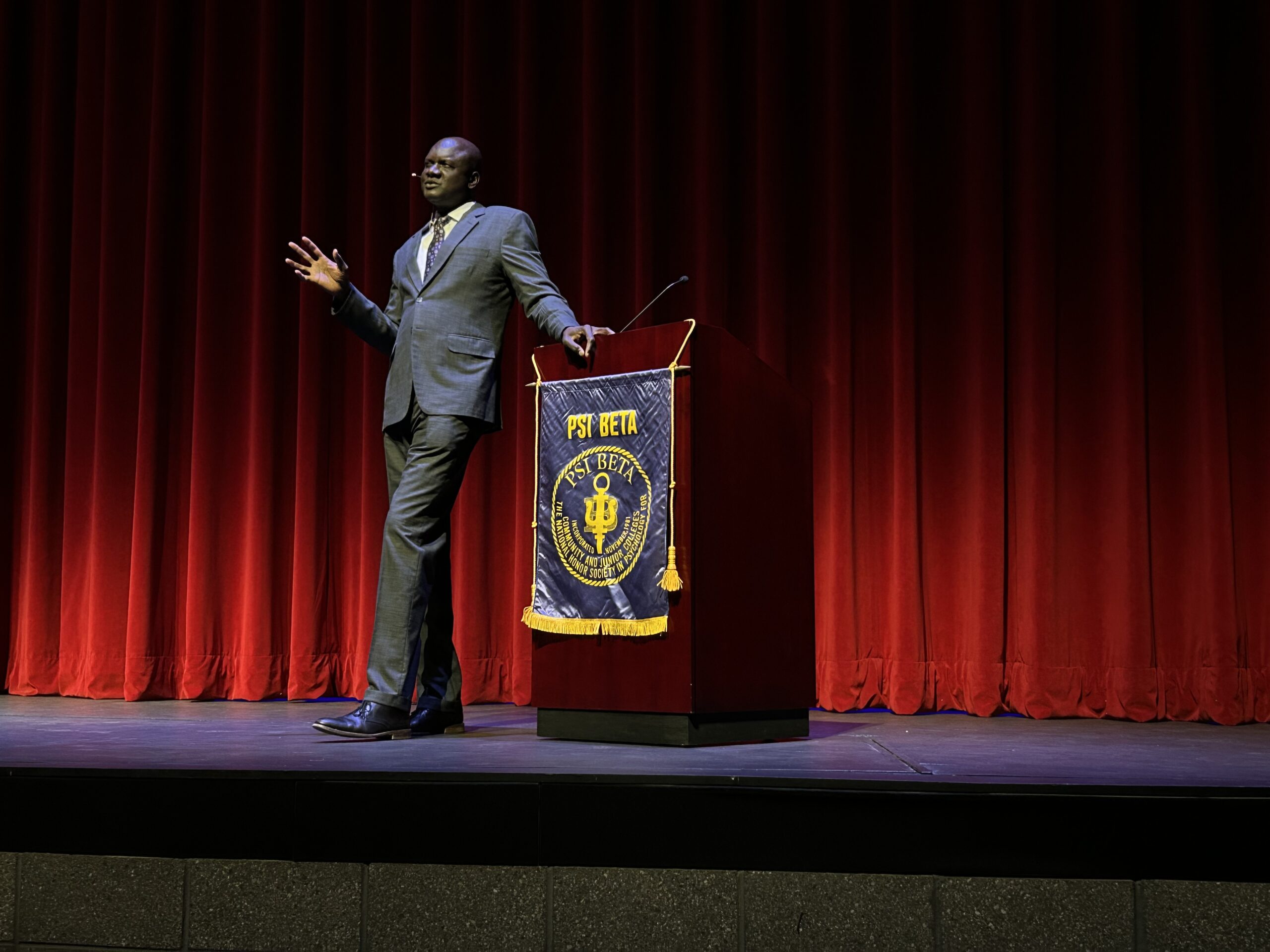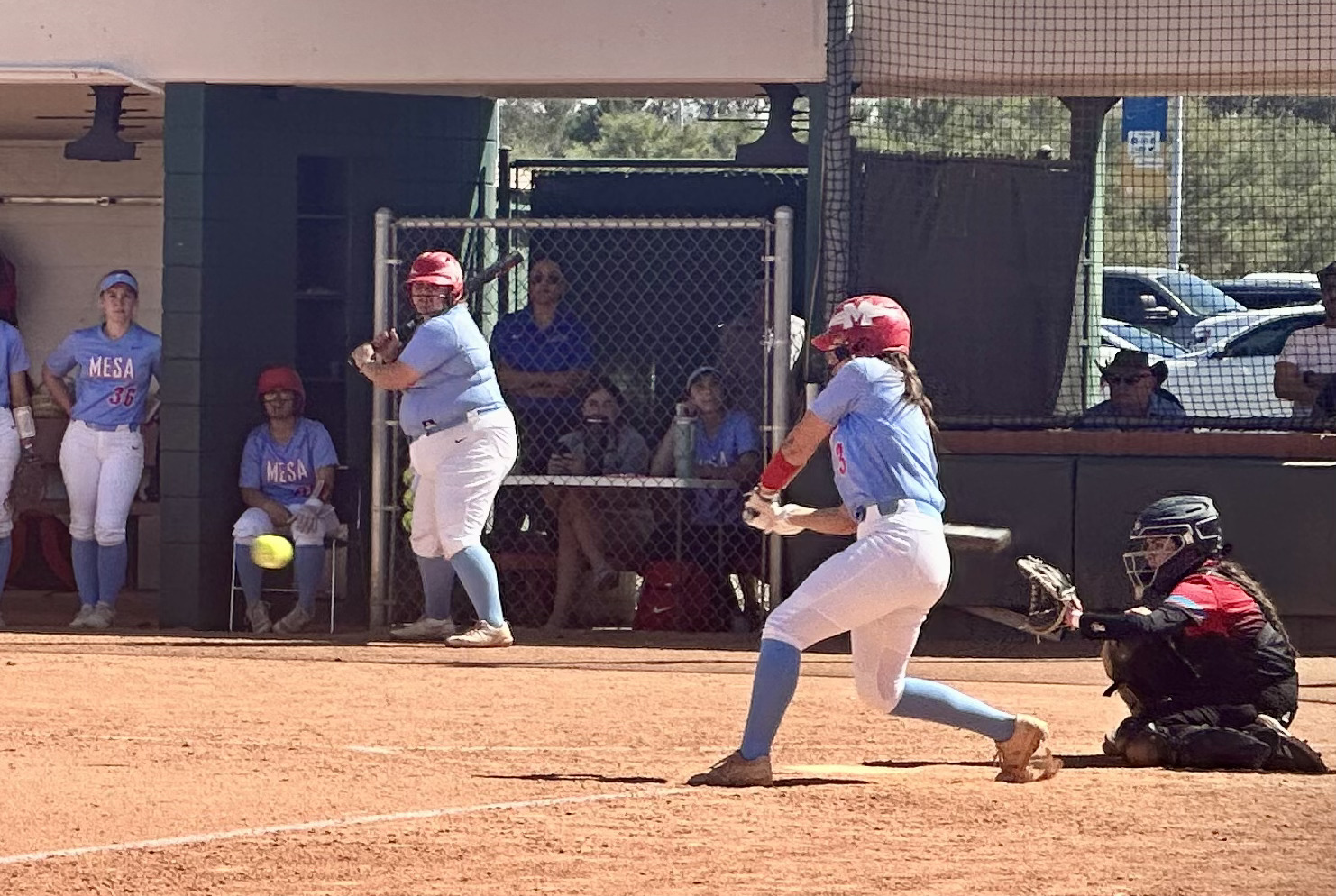Arizona v. Dating app fraud
An Arizona bill was signed into action by Governor Doug Ducey on March 24 after passing through the Arizona House of Representatives and Senate early last month with a near unanimous 59-1 and 30-0 approval. HB2396, re-introduced this legislative session by Rep. Regina Cobb, R-Kingman, will require online dating services in Arizona to notify users if they are currently or have previously engaged with an account banned for fraud.
“It is a consumer protection bill that pretty much says if there’s a troll or some guy that is scamming people… whoever they contacted can be contacted and told,” Cobb explained.
HB2396 seeks to address a problem that is widespread and hard to control. Dating fraud abuses people’s emotions and hurts them close to home. By informing people who have been engaging unknowingly with a scammer they met through a dating app, even if they have moved the conversation into a text or Snapchat inbox, the bill might save someone money, time, or even heartbreak.
The bill is as timely as ever since its initial introduction last year. A poll conducted by Morning Consult in February 2021 found a double-digit increase in people using online dating services during the pandemic. Websites like Match.com or phone apps like Tinder and Bumble have become more popular since traditional social spaces like schools, bars and clubs have shuttered due to the COVID-19 pandemic.
Young people make up some of the largest portion of the dating app user base. The fear of encountering fraud through dating apps is real, even among Mesa Community College students.
“Whenever you go on an app, someone is bound to be lying about something,” MCC student Margaret McCormick said. “Especially since with online dating and these apps like Tinder and Bumble; most of the time… you are meeting someone you have never met before. Your friends don’t know them. No one you know knows them. So it’s this complete shot in the dark. They can put whatever they want on a profile.”
When asked if she knew anyone who had been personally affected by dating fraud, another MCC student mentioned a family member.
“With my sister, she posts her pictures and people use her pictures for their dating profile,” Jacqueline Sikes said. “People are thinking that may be her for the situation… It is a huge invasion of privacy.”
“I don’t like it,” said MCC sociology professor Rod Golden when asked about students meeting each other online. “And I’ll tell you why: because you don’t know who you are meeting when you are trying to date online. I’m not a fan of it at all.”
“I know some people do it,” Golden continued. “But I would never advise it.”
Cobb said only those who have been determined to be fraudulent by repeated community reports will qualify for a message sent against them. The message won’t give out personal information, and it will only notify the user of the name used by the fraudulent account. However small, these changes could be the saving grace for someone about to be scammed.










